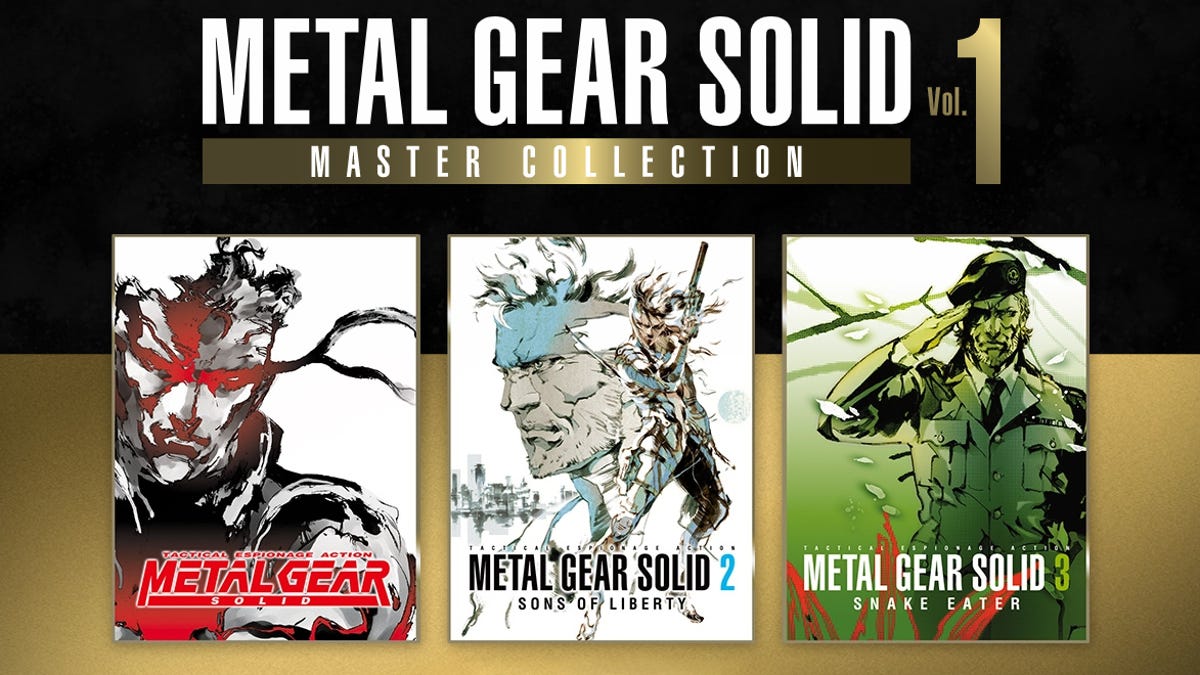You probably saw a ton of headlines about Xbox leaks this week: new hardware, upcoming games, Game Pass costs, acquisition strategies. A trove of unredacted documents accidentally uploaded to a federal court’s case server gave the world an unprecedented look into the secret machinations of the gaming wing of a $2 trillion tech giant. But if you check out just one leak from this historic week for Xbox it should be Microsoft Gaming CEO Phil Spencer’s analysis of what’s currently plaguing triple-A video game publishers.
Thank You, PS Plus, For Making My Backlog Even Bigger
Share SubtitlesOffEnglishShare this VideoFacebookTwitterEmailRedditLinkview videoThank You, PS Plus, For Making My Backlog Even Bigger
His analysis was in an email exchange from March 2020, in the midst of the Xbox team planning ahead of a feedback meeting with Grand Theft Auto publisher Take-Two. “In terms of subscriptions and the impact on larger publishers I realized that I haven’t really done a good job sharing our view on the disruption AAA publishers potentially see and how their role in the industry will likely change with the growth in subscription platforms like Xbox Game Pass,” Spencer wrote (the memo was directed to Microsoft CEO Satya Nadella, CFO Amy Hood, then-executive business VP Peggy Johnson, and head of marketing Chris Capossela).
The head of Xbox, who first joined Microsoft as an intern back in 1988 and has been working on the gaming side of its business for over 20 years now, proceeded to diagnose the current state of big publishers as they face wave after wave of market disruption. It was a cogent, incisive commentary on the fears driving an ever-shrinking class of mega gaming companies that are clinging harder and harder to the few big-budget franchises they have that still pay out.
Spencer lays out how publishers once existed to leverage scale in negotiations with retailers for shelf space. Then everything changed. “The creation of digital storefronts like Steam, Xbox Store and PlayStation Store eventually democratized access for creators breaking physical retail’s lock on game distribution,” he writes. “Publishers were slow to react to this disruption. The AAA publishers did not find a way to leverage the moat that physical retail created in the digital realm in a way that had them continue their dominance of the game marketplace.”
Companies like Activision, Electronic Arts, and Ubisoft eventually made their own middle-man clients to try and get around platform fees, and a few later followed up with their own subscription services. None of them were built early enough or offered a compelling enough alternative to get big. Players complained about bad UI and bad deals. Franchises like Call of Duty and Madden that had once abandoned Steam returned. Game Pass got big while EA Play and Ubisoft+ stayed small. The only competitive advantage publishers have left is being able to pour more money than anyone else into annualized blockbusters.
Spencer writes,
It’s a brutal assessment but a fair one. Sequels, remakes, and spin-offs dominate at the big publishers. Companies from Sony to Ubisoft are slashing more off-beat projects and development teams to focus almost exclusively on games that have a chance of selling over 10 million copies. Meanwhile, the development schedules are getting longer and budgets are ballooning, making it increasingly harder for even the biggest publishers to absorb even a disappointing release, let alone a disastrous one. If none of that sounds sustainable it’s because it’s not.
Microsoft’s answer to this is Game Pass, not out of the goodness of its heart but because it sees a new platform it can scale to feed the financial growth demanded by investors. “Our goal is to find a way to both grow our subscription (which is our new platform) and help the AAA publishers build towards a successful future,” Spencer writes. “For publishers with 2-3 scale franchises that’s a difficult transition. Again, taking a clue from Hollywood, it’s not clear how a standalone subscale media publisher grows is this world without adapting to new paradigms or getting consolidated but we believe we can help a Take2 by increasing monetizable [total addressable market] across more endpoints inside of a global platform like Xbox Game Pass (inclusive of xCloud).”
The suggestion here is that the type of game that can thrive on a subscription service is either a small one that benefits from better curation and visibility or a live-service one that can make up revenue on the backend by charging all the new players microtransactions (the new store shelves are inside the games themselves). That’s also a pretty grim assessment, and probably part of the reason Sony has repeatedly said that bringing its big first-party exclusive games like Spider-Man 2 and The Last of Us to its competing PS Plus service day-and-date would cripple the economics of blockbuster production.
Read More: The Massive Xbox Leak: 11 Big Reveals
Spencer’s email was written over three years ago at this point, and was aimed largely at trying to summarize the current state of the industry for his bosses. We can see how things have played out since, though. Take-Two, Ubisoft, and Electronic Arts have decided to collaborate with Game Pass, and EA Play is now part of the service. Microsoft, meanwhile, gobbled up ZeniMax (including Bethesda Game Studios), and is now on the cusp of doing the same with subscription holdouts Activision Blizzard. All while smaller competitors like Embracer go into a tailspin.
It’s not clear who the big publisher model was serving after physical games died, outside of the richly compensated CEOs and occasional shareholder buybacks. But it’s also not yet clear that whatever replaces them will serve anyone—developers, players, fans—any better.

